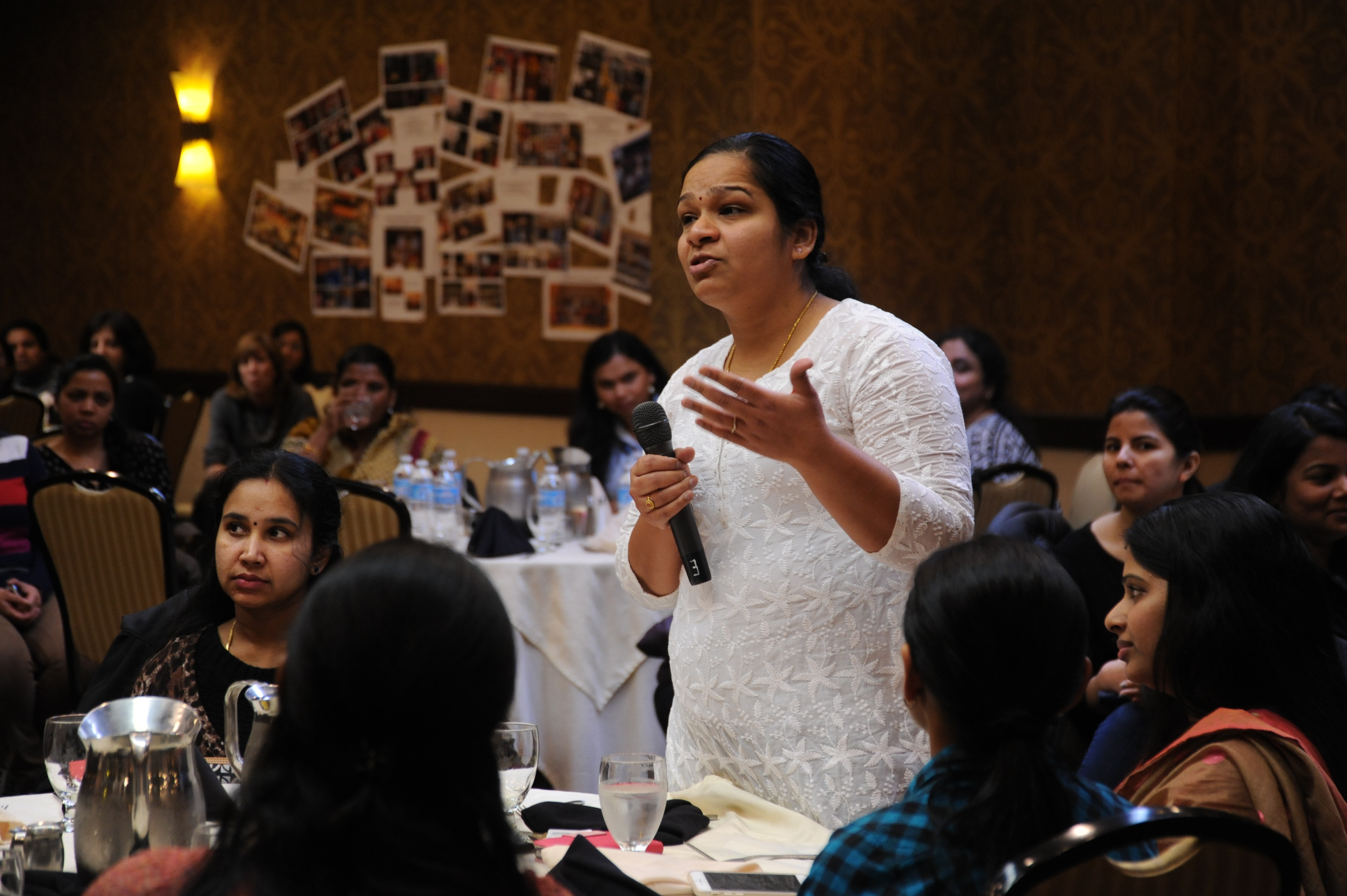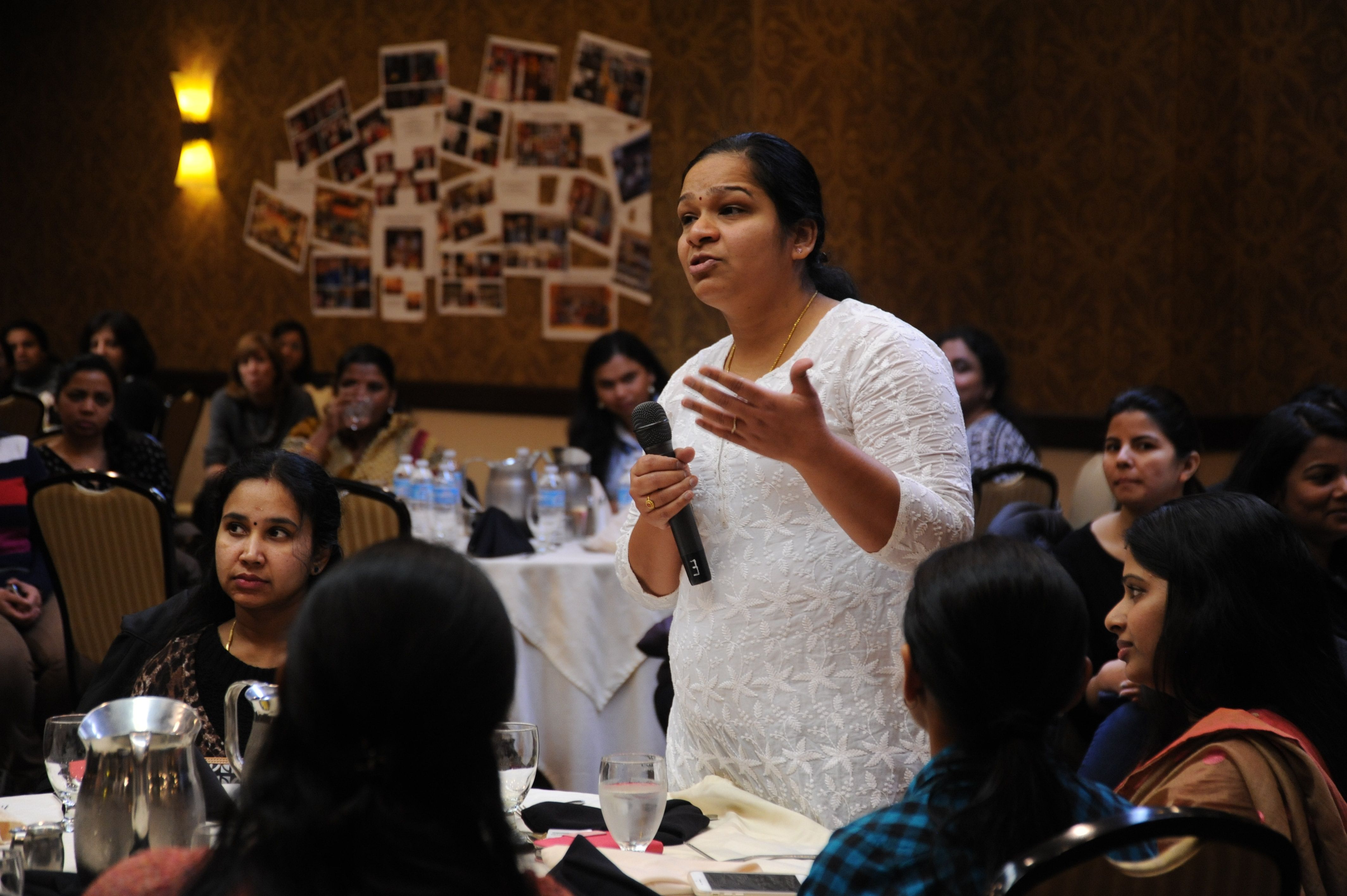
Photo by Wonderlane on Unsplash
Highlights:
- Dare to ask the question
- The humble footnote to the rescue
- Chin up, taxpayer
- Going raw not the answer
- Traced for good
- TAI SPOTLIGHT: Smarter Grantmaking for Grantee Organizations: Conversations to Have with Funders
Dare to ask the question
We start close to home. Ever wanted to question a donor’s practice but hesitated, not wanting to risk the relationship? TAI donor members are asking you to take the leap and help them walk the walk on making life easier for grantees. We even provide some example questions that you might want to ask your program officer before agreeing to any grant – check out our new tips on smarter grantmaking and doing (see TAI Spotlight for more including renewed commitment to core funding).
Meanwhile, Tate Williams says generosity and impact aren’t good enough metrics to measure good philanthropy. It’s time to judge philanthropy on how well it shifts power. Vu Le advocates for targeted, trust-based partnerships, including participatory grantmaking approaches. Also read more on diversity, inclusion and change from Suhani Bhushan, one of TAI 2019 Learning Day participants.
The humble footnote to the rescue
Executive Director of Omohundro Institute, Karin Wulf, makes a battle cry to save democracy starting with the power of footnotes in preventing misinformation. Of course, there are limits to the power of references. After the March polls that ushered dozens of activists into politics in Ukraine, Olena Prokopenko, an international relations and development cooperation expert, has raised an alarm that these politicians are potentially sidelining civil society in debates moving forward. The Council of Europe’s commissioner for Human Rights, Dunja Mijatovic, revealed that the independence of judges and the judiciary is under threat in some countries in Europe. She states unambiguously that citizens must hold their government accountable when government’s actions undermine the rule of law.
As Guyana prepares to drill for oil, it’s evident that the country may not be ready for the imminent influx of cash. For inspiration, officials may want to read new analysis of Tunisia’s Upstream Fiscal Regime that points to ways the industry can help the economy, as well as scan Alexandra Gilles’ case for countries to move away from corrupt intermediaries. Lastly, don’t forget the environmental risks – the International Council on Mining and Minerals is revising their standards on governance and accountability measures in the wake of the tragic Brumadinho dam disaster in Brazil earlier this year.
What can the grim situation surrounding the Amazon fires teach us? Possibly a lesson or two. Inter-American Dialogue’s Lisa Viscidi and Nate Graham highlights how using sanctions and global norm setting can inspire accountable environmental stewardship and climate change responses.
Chin up, taxpayer
Last week, TAI sat with bilateral and multilateral donors discussing civil society roles in fair and accountable tax systems, so welcomed the chance to read new OECD research on tax morale attempting to understand what motivates business and individuals to pay taxes as well as the latest review of recent major tax policy changes. Across OECD countries plus Argentina, Indonesia and South Africa. What you won’t find in there? Madagascar’s text reminder system for tax payments that has generated a 32,800% return on investment.
For those assuming the big fish always escape the taxpayer net some potential cheer as Google is set to pay a $500m fine to the French government for dodging taxes and additional €465m in tax payments. Closing down or at the very least regulating and taxing so called ‘Freeports’ may provide a morale boost as well. Tax Justice Network explains they aren’t really ports at all, just storage warehouses for the ultra-rich, impenetrable to tax and regulatory authorities.
A joint study by the University of Copenhagen and the IMF finds that 40% of all foreign direct investment is actually just corporate money flowing through lifeless shell companies as a means to avoid taxes. To make the point, it turns out Ukrainian oligarchs used anonymous shell companies to buy real estate and launder money in Cleveland.
Lest you think the need for reform is only acute in lower income contexts, Tax Justice UK will have you think twice but lay out a 3 year strategy to “help build a movement pushing for tax reform, shape a narrative about what a fairer tax system looks like, and work with those in power to build support for the wide-ranging reform that is needed.” Brexit as reform opportunity?
Going raw not the answer
The GovLab co-founder, Stefaan G. Verhulst argues in an article written for Apolitical that raw data won’t solve our problems, but asking the right questions will. In their attempt to find answers to what does good public engagement look like in the design, management, and governance of IDs, Omidiyar Network writes on the importance of investing in transparency and accountability in digital ID systems.
Get insight on how big data can be used to improve the lives from Data2X’s “Big Data and Gender Brief Series”. Expect more briefs to be added throughout the months of September and October. And if you’re wondering how a positive, non-utopian AI might look like in 20–30 years? Read this speculative fiction about the future of AI systems.
Are policy makers making enough of data and other forms of evidence to back their decisions? Perhaps not judging by lively threads during Africa Evidence Week (check out #AfricaEvidenceWeek and see TAI Spotlight below). What of the non profit sector? Are NGOs taking sufficient advantage of data and data science? No, definitely not according to Tracy Gyateng.
Traced for good
Finally, struggling with ways to gauge your organization contributions to an issue? Contribution tracing might be one answer. What is that you ask? Check out Accountability Lab’s use of the approach for their evaluation of their flagship program, Integrity Idol, which gave greater confidence that Idols displayed increased motivation for public good. Can an approach like Idol work in a context like the United States? Check out key ideas and suggestions from a Labstorm TAI participated in on how to make that happen.
Finally, we are in a (welcome?) respite period from open government or transparency summitry, but never fear, the next gathering is never too far away and Transparency International have now announced the theme of “Designing 2030: Truth, Trust, Transparency” for the next International Anti-Corruption Conference in Seoul, South Korea next June. In the meantime, staff there explain how the IMF can maintain momentum in fighting corruption even after Christine Lagarde’s departure.
TAI Spotlight: Smarter Grantmaking for Grantee Organizations: Conversations to Have with Funders
Smarter Grantmaking for Grantee Organizations: Conversations to Have with Funders | TAI
Transparency and Accountability Initiative invites grantseekers to draw inspiration from this guide to seek clarity and advocate for potential needs with current and prospective funders.
Can African think tanks help strengthen government use of data and evidence? We think so | Hewlett Foundation
Program Officer in Global Development and Population, Sarah Lucas details investments in an exciting new cohort of African think tanks that can help all learn about how non-governmental organizations can influence systemic, institutional change in how governments make decisions.
Julia Stasch’s Exit Interview | MacArthur Foundation
The Foundation’s departing president Julia Stasch talks about leadership, big bets, and her new role with The Chronicle of Philanthropy.
Luminate reinstate commitment to unrestricted funding | Luminate
Luminate’s CEO, Stephen King, affirms the organization’s unending support to commit to better support of partner organization. He calls for greater commitment to unrestricted funding and hopes covering overhead costs becomes the “new normal”.
Social Justice Legend Honored | Open Society Foundation
President Emeritus, Aryeh Neier pays a tribute to Herb Sturz who retired from the Open Society Foundations after 25 years of service. Sturz leaves behind a legacy of enduring impact of projects, which has improved the lives of vast numbers of people.
Calls:
Call for Policy Relevant Research Proposals on Local Democracy – September 20
Be a Feedback Fellow – September 23
Reagan-Fascell Democracy Fellows Program – October 1
Craig Newmark Cyber Journalism Fellowship – November 1
Small Charities Challenge Fund for UK registered NGOs and Charities – November 28
Calendar:
IDEAS 2019 Global Assembly and Third International Conference on Evaluating Environment and Development – September 30 – October 4, 2019 (Prague, Czech Republic)
Liberating Structures Festival – October 7 – 11, 2019 (The Hague, Netherlands)
Global Symposium (COPGS) on Citizenship, Governance, and Accountability in Health – October 15-18, 2019 (New Delhi, India)
What Works Global Summit 2019: Building Evidence – October 16 – 18, 2019 (Mexico City, Mexico)
7th SAMEA Conference: Shaping M&E for a sustainable future – October 21 – 25, 2019 (Gauteng, South Africa)
Global Perspectives 2019 – October 29 – November 1, 2019 (Addis Ababa, Ethiopia)
Global Partnership for Social Accountability – Global Partners Forum 2019 – November 19-21, 2019 (Washington, DC)
ODI Summit 2019 – November 12 – 2019 (London, United Kingdom)
The Story Conference – November 27 – 29, 2019 (Melbourne, Australia)
